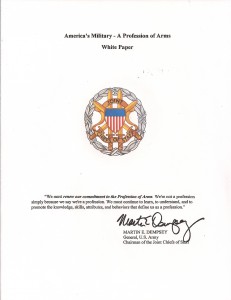
Top 10 Genius Reasons to Keep Troops in Afghanistan
David Swanson
WarIsACrime.org, 8 March 2012
1. When you're setting a record for the longest modern war, cutting it short just increases the chances of somebody breaking your record some day.
2. When Newt Gingrich, Cal Thomas, and Lindsey Graham turn against a war, keeping it going will really confuse Republicans.
3. If we pull U.S. troops out after they have shot children from helicopters, kicked in doors at night, waved Nazi flags, urinated on corpses, and burned Korans it will look like we're sorry they did those things.
4. U.S. tax dollars have been funding our troops, and through payments for safe passage on roads have also been the top source of income for the Taliban. Unilaterally withdrawing that funding from both sides of a war at the same time would be unprecedented and could devastate the booming Afghan economy.
5. The government we've installed in Afghanistan is making progress on its torture program and drug running and now supports wife beating. But it has not yet mandated invasive ultrasounds. We cannot leave with a job half-finished, not on International Women's Day.
6. We have an enormous prison full of prisoners in Afghanistan, and closing it down would distract us from our essential concentration on pretending to close Guantanamo.
7. Unless we keep “winning” in Afghanistan it will be very hard to generate enthusiasm for our wars in Syria and Iran. And with suicide the top killer of our troops, we cannot allow our men and women to be killing themselves in vain.
8. If we ended the war that created the 2001 authorization to use military force, how would we justify our special forces operations in over 100 other countries, the elimination of habeas corpus, or the legalization of murdering U.S. citizens? Besides, if we stay a few more years we might find an al Qaeda member.
9. A few hundred billion dollars a year is a small price to pay for weapons bases, a gas pipeline, huge profits for generous campaign funders, and a perfect testing ground for weapons that will be absolutely essential in our next pointless war.
10. Terror hasn't conceded defeat yet.






